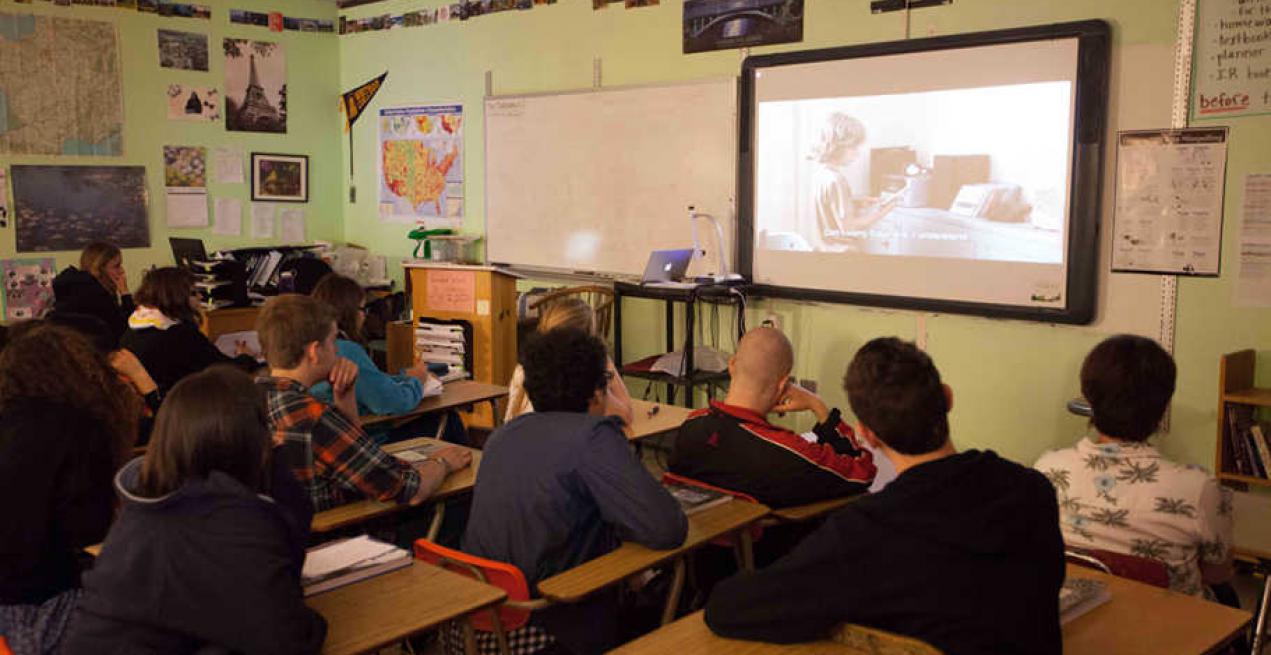We live in a modern age where learning and education entail both hearing and seeing in order to be effective says Madhu Mantena. The educational system has gone beyond traditional classroom information and there is a growing need to adapt to the ever-changing, dynamic system. With the rise of social media, people watch billions of video content whether on Youtube, or TikTok or Instagram Reels every hour, every day. Coupled with this, is the fact that owning a smartphone in today’s age is an extremely common occurrence which makes accessing networking sites and the internet easier. Moreover, with monotonous boring textbooks failing to cut the drill and get the student to engage, combining it with a bit of entertainment looks more promising and rewarding. “As students integrate videos into each and every aspect of their lives, it becomes all the more important to make it an integral part of today’s educational system. The traditional method would not cut it anymore.
A mix of instructional methods, innovation, out of the box techniques, and state of the art educational procedures will bring about effective, interactive, and engaging learning,” Madhu Mantena says.
Here, we ask Madhu Mantena, a successful film producer and media entrepreneur what influence and benefits can film have on the educational system. Keep reading!
1. Films are great for Visual Learners
Visual learners prefer the use of images, maps, graphics, and pictorial materials to better understand and visualize what is being taught says Madhu Mantena. That is why films serve as a great resource to better understand concepts and gain insight without any barrier to learning. Moreover, autistic learners can also learn and benefit greatly when films are incorporated into the learning system. Films make them see things and people from their perspectives. The elements such as music and imagery, arouse emotions, and make them relate better to the story-line. This helps makes learning easier and engaging.
2. Films Promote Interest in Learning
Interest is a powerful motivational process in learning and it is essential for academic success. Showing scenes, events, experiments, parameters, which are otherwise difficult to explain and grasp with imagination can be better conveyed through movies. This can help improve students’ motivations and boost interest in the topic.
3. Films Provide Insight and Understanding into Historical Events
History books, characters, and events are better understood when powered with historical films. These historical figures, places, events are well portrayed as students are transported into those years and are emerged into the historical world. This made them to better understand what is being portrayed, the life of the character, the situations and challenges, and how it was handled. “Movies of Mahatma Gandhi for instance who is a prominent figure in Indian history helps to relive the life of this great character while also touching upon other significant areas such as gender issues, world religion, non-violent protest, freedom, and many more. Movies like “Saving Private Ryan” can also give an in-depth understanding of World War II combat which students might otherwise find dull and boring when only taught in class,” Madhu Mantena explains.
4. Films can help students develop skills
Movies can be an effective tool in developing students’ cognitive skills. As students have access to languages used in real situations and real-life conversations, they are more exposed to natural expression and the natural flow of speech. Moreover, there are movies that can help students’ emotional and character development. Especially those struggling with empathy and social skills issues. These movies will help put them in someone else shoes and better relate to their feelings.
